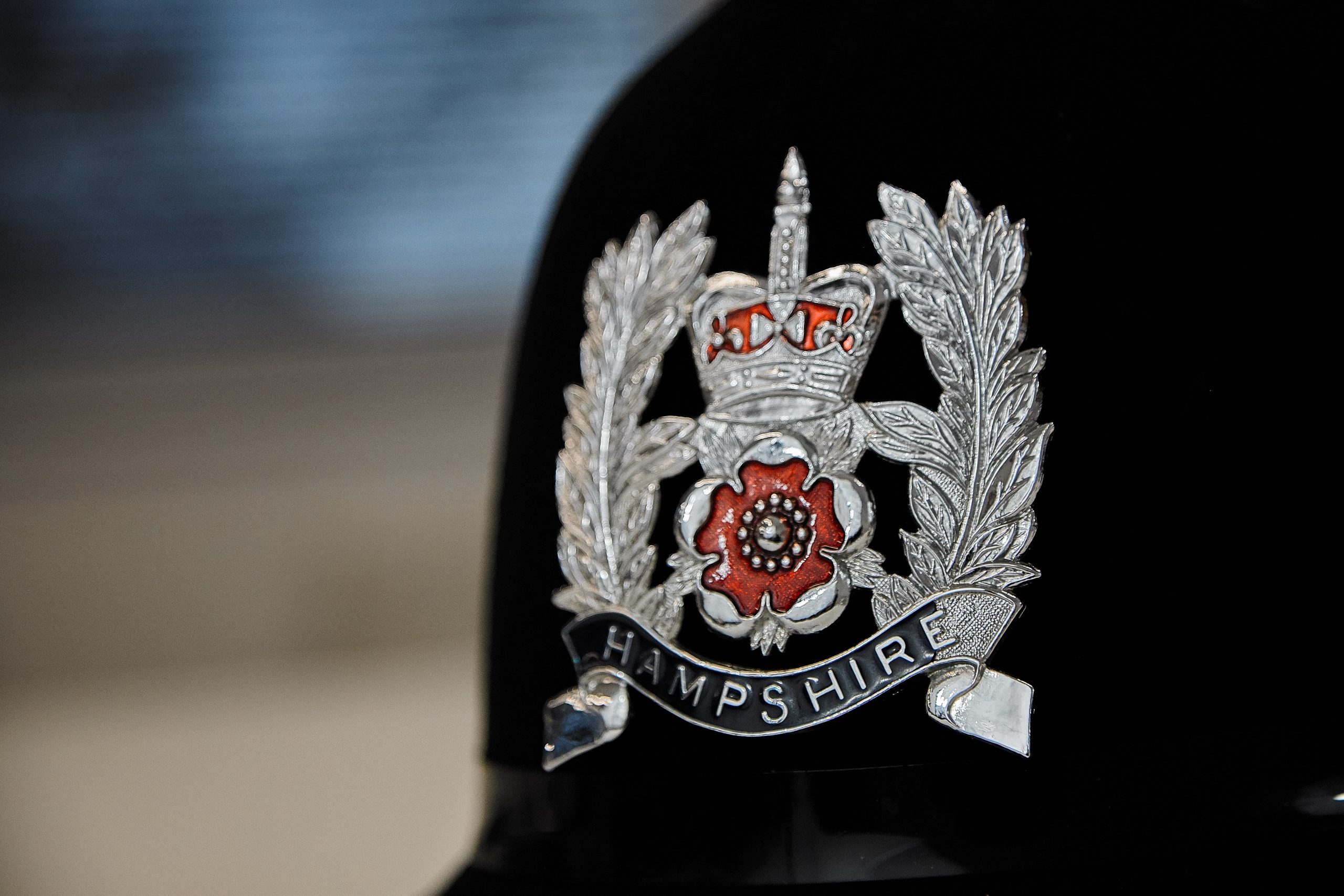Police Covenant set to positively impact Hampshire police officers
MORE concrete plans and proposals are being drawn up as part of the new Police Covenant, which will hopefully positively impact officers in Hampshire.
Hampshire Police Federation said it was still early days to assess how the Covenant would protect officers’ mental and physical health and give them and their families the support they need to do their jobs.
On paper, at least, the ideas to establish a new Chief Medical Officer for the national force, improve training for GPs on health issues affecting officers and ‘pre-deployment’ mental health care appear positive, Hampshire Federation Chair Zoe Wakefield said.
However, given the recent decision not to award officers a pay rise, trust in the Home Office is not exactly through the roof with officers.
“I think a lot of officers are a bit sceptical about the Police Covenant at the moment for lots of reasons,” Zoe said.
“Will it be more than just a piece of paper? If these proposals actually happen, then I think it will be positive.
“We need officers in the force who can deal with the trauma they see in the job – any help they can be given before they join will be useful.
“We don’t want people coming in and being broken by what they see, stopping them from being officers or anything else for that matter.”
“Mental health support is so important; any help in this area would be good.”
Details on how the proposals will be put into practice are still being thrashed out, but it wouldn’t be practical for officers to get a mental health ‘pre-brief’ before attending an incident, Zoe said.
“That would be very difficult; officers are often confronted with something completely different to what they were expecting. I think with all these proposals; we need to see how they are going to work.”
PFEW Chair John Apter is part of the new Police Covenant Board, aiming to turn plans and proposals into reality for frontline officers.
A model of how best to provide support for officers’ families is being looked at as part of wider-ranging ideas to protect officers from the ‘harms and dangers’ they face every day.
